A lot of people think that there is no difference between probiotics and prebiotics. However, these are two separate things, that are equally important to the digestive health.
Probiotics are live microorganisms or also known as beneficial intestinal bacteria that support proper digestion by stimulating the production of digestive juices and natural enzymes. They also have the ability to prevent the development of harmful microorganisms.
Prebiotics, on the other hand, are dietary insoluble fibers that cannot be absorbed by the human body. They are a kind of food for probiotics. Their main role is to stimulate the development of beneficial intestinal bacteria, thereby strengthening the immune system. Prebiotics help with constipation and reduce gas. They also facilitate the absorption of some important minerals, such as calcium and magnesium.
Therefore, in order for our digestive system to function properly and our intestines to be healthy, it is necessary to regularly include prebiotic-rich foods and probiotics in our menu.
In today's article, we will focus on the best prebiotic foods. Here's which ones they are:
Garlic
Don't be afraid to use garlic and onions when cooking (or eating them raw), because they are great sources of prebiotics. They also bring a number of health benefits as they have antiviral, antifungal and anti-inflammatory properties and successfully fight viruses and infections.
Cabbage
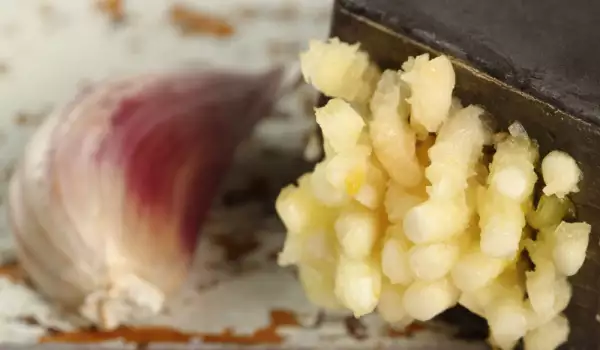
The consumption of fresh cabbage improves the work of the intestines and strengthens their walls, as the vegetable is rich in prebiotics. It also contains vitamins A, B C and K, as well as some important minerals for the body such as calcium, magnesium and potassium.
Asparagus

Asparagus is rich in B vitamins, folic acid and protein. Not only that, they are also a great source of prebiotics. Healthy vegetables are natural diuretics and help with water retention problems in the body.
Bananas
Bananas, especially the greener ones, are among the best prebiotic foods. Fruit are also rich in soluble and insoluble fiber, vitamins and minerals. All of these, together, feed the beneficial bacteria in the digestive system.
Apples
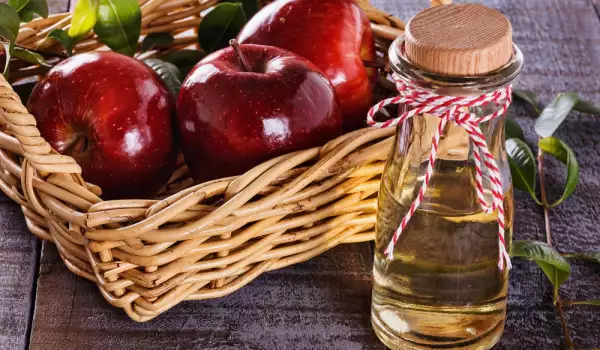
The crunchy fruit have a number of virtues. Apples contain high amounts of vitamins A, B, C, and D. Excellent sources of fiber that support digestive health and help regulate the body's metabolism. And of course, they are rich in prebiotic pectin, which stimulates good bacteria and cares for the colon.


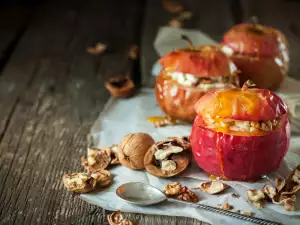


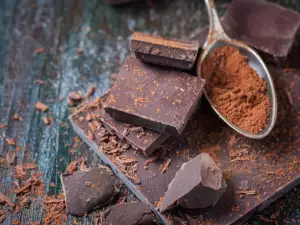
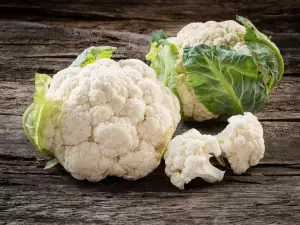

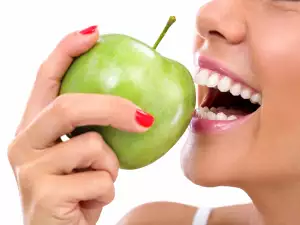





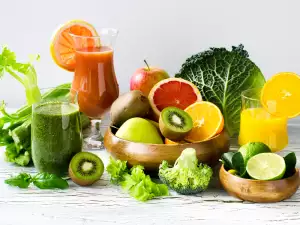





Comments